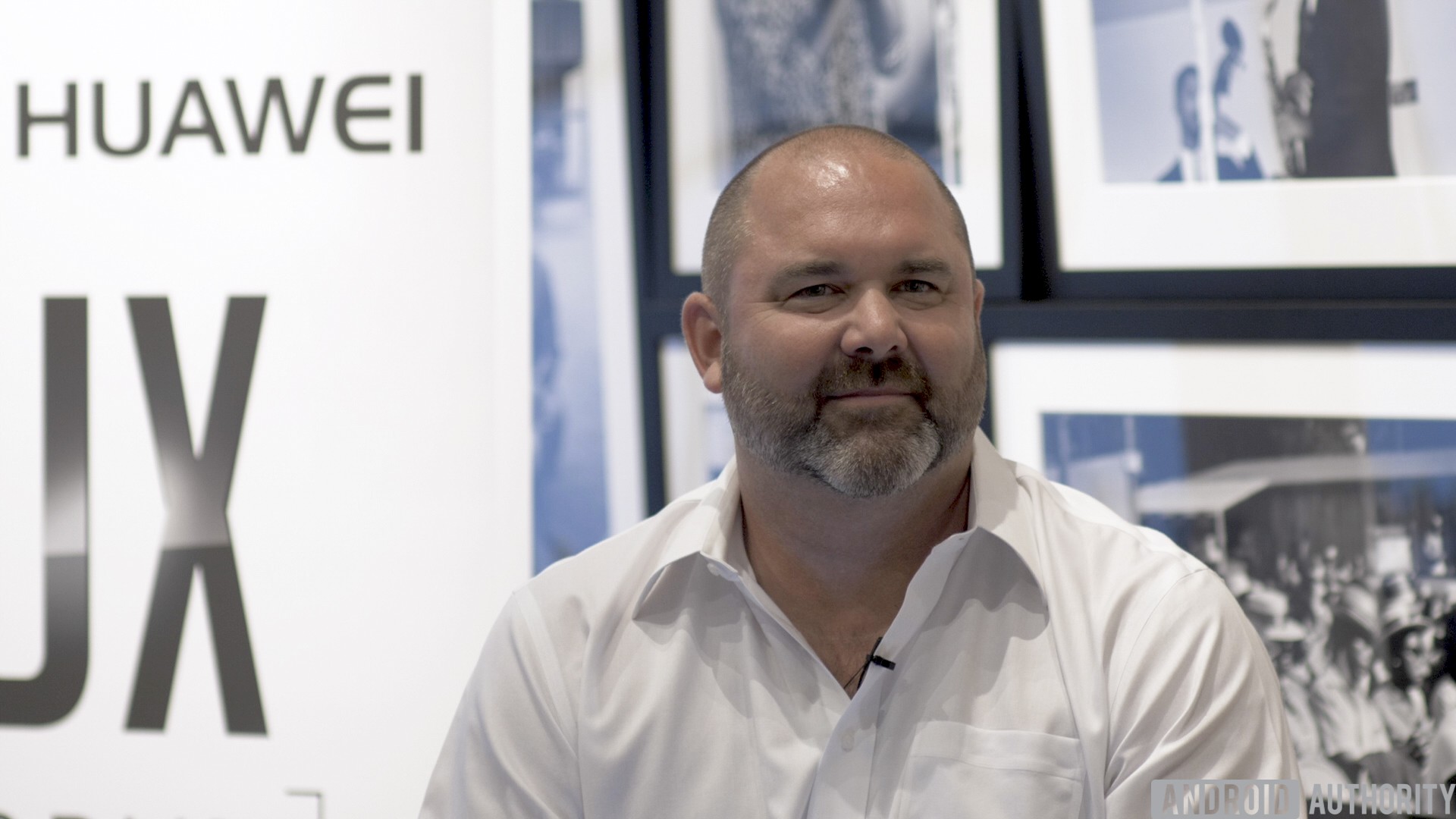Affiliate links on Android Authority may earn us a commission. Learn more.
Huawei's Wayne Goodrich talks about the future of UX and design
The way we interact with our devices is changing. We began with punch cards during the dawn of computing, then eventually transitioned to tactile buttons and finally to touch. And, while it may seem like this is the best way we can possibly interact with our phones and other screen-based devices, we always need to keep pushing the boundary in terms of what is possible.
Now that artificial intelligence is finally making its way to the mainstream, we have physical objects that can perform tasks and make decisions for us, instead of us needing to make a discrete statement of what we want the device to do. This is all part of the user experience (or UX) of an object, and as these objects evolve physically, it’s up to us to provide the due diligence of making sure this new technology works with humans in the most streamlined way possible.
Google Assistant, Bixby, Siri and Alexa are all built on some intelligence platform. But the interface is just that - the designed interface that we have with that system.
HUAWEI thinks they are capable of building the next generation of adaptive interfaces, and today Wayne Goodrich of HUAWEI sat down and talked to Florence Ion about his thoughts on what machines should be doing for us, and expressed his vision for the future of UX design.

These systems have to be adaptive. We as humans change our minds all the time, and a lot of the services in AI and eventually AR are going to have to be responsive to us.
Wayne believes that our interfaces need to start becoming aware of what we want as people, since we are incredibly complex and are constantly evolving. He says that we need to have relationships with our interfaces that really understand us fundamentally, so that they can change with us over time.
Though artificial intelligence may seem very complicated, Wayne thinks that it can actually be broken down quite simply. When you make an action on your device, there is always a follow-up action. By teaching our devices what we do in sequence, we are able to train our phones to understand what we want to do and when we want to do it.
That isn’t to say we don’t deviate from habit. We are all human, and our actions can often seem random. The ability to learn over time and develop reactions to our habits with a high degree of accuracy is what these machines are attempting to achieve, but Wayne says they also need to be able to deviate from the norm, which actually helps them develop even higher levels of precision.
The user experience is very trivial. I want to engage or I don't want to engage.. The next time you engage with it, it may be a little different.
An extreme level of accuracy in guessing our intentions can lead to a much more enjoyable user experience. At the end of the day, our devices are tools that allow us to work, create, and consume. Every little step you are able to take out of the process is one that can help make your life just a little bit more streamlined, and HUAWEI thinks they have the ability to build the ultimate responsive design.
Check out the video above for the full interview, and let us know what you think about the future of UI in the comments below!